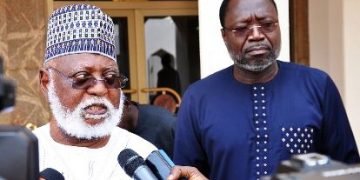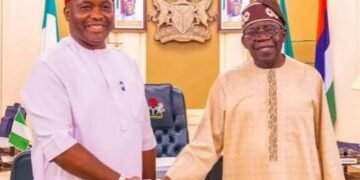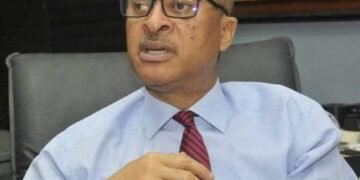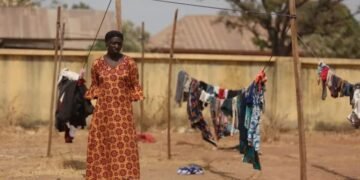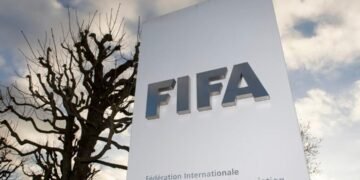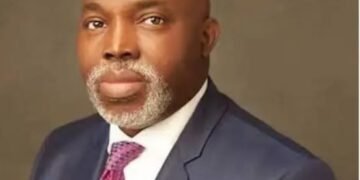By Charles Igwe
In a significant development, the African Union (AU) Commission has issued stringent measures against Niger Republic, suspending its membership from the pan-African bloc. The suspension will persist until the country restores normal constitutional order following the military coup on July 26th. With the passage of nearly a month, the AU has intensified its stance, sending a clear signal to coup leaders and the world.
The AU’s response is not limited to a mere suspension; it also encompasses a stern warning to its member nations to refrain from actions that might lend legitimacy to the junta. The decision to suspend Niger from the AU was taken during a meeting of the Peace and Security Council of the AU Commission. The meeting, which focused on the situation in the West African nation, yielded a strong statement from the AU.
The council’s firm condemnation of the military coup in Niger resonated in their statement. The ousting of democratically elected President Mohamed Bazoum by the military was met with unequivocal disapproval. The AU council underscored its unwavering solidarity with the efforts of the Economic Community of West African States (ECOWAS), reinforcing the commitment to restoring constitutional order through diplomatic channels.
Moreover, the council expressed its concern over external interference in Africa’s peace and security affairs, as well as the participation of private military companies in line with the 1977 OAU Convention for the Elimination of Mercenarism in Africa. The AU’s resolute stance echoed the organization’s determination to maintain the sovereignty of African nations and uphold peace and stability on the continent.
The AU’s appeal to the military leadership of Niger was explicit, urging them to prioritize the nation’s well-being and to swiftly return to the barracks, submitting to civilian authority in alignment with the constitution.
On a parallel note, the ECOWAS envoy to Niger, Gen. Abdulsalami Abubakar (rtd), formally presented the terms suggested by the military junta for resolving the political crisis. In a meeting hosted by ECOWAS Chairman President Bola Tinubu, Abubakar assured that diplomatic efforts remain the focus and conveyed hopes for a positive outcome. Despite differences between ECOWAS and the junta regarding the timeline for a return to democratic rule, Abubakar emphasized the preference for peaceful resolution over confrontation.
The African continent’s determination to preserve democracy and uphold the rule of law reverberates through the AU’s suspension of Niger and ECOWAS’s diplomatic negotiations. While tensions persist, the collective commitment to restoring constitutional order stands as a testament to Africa’s resolve to foster stability, peace, and governance aligned with the aspirations of its people.
